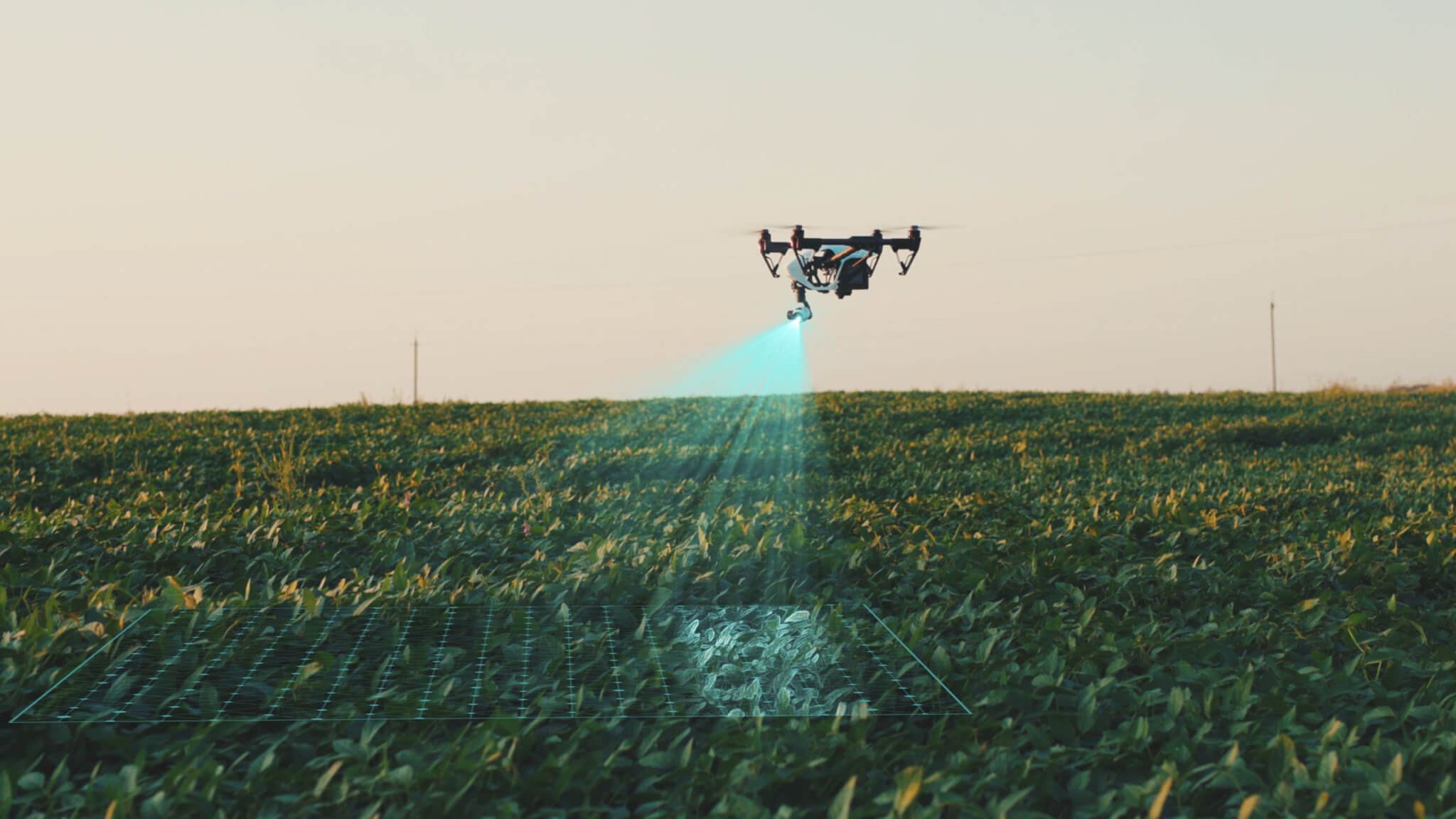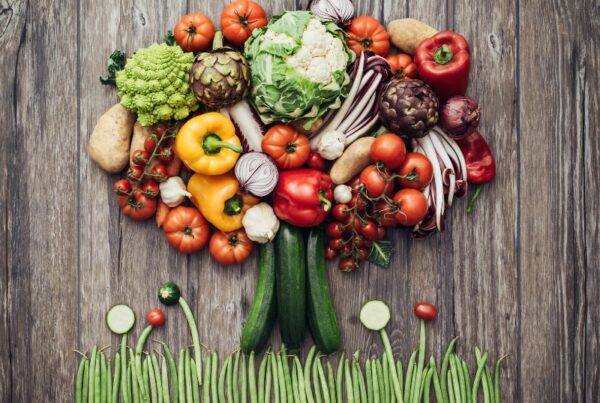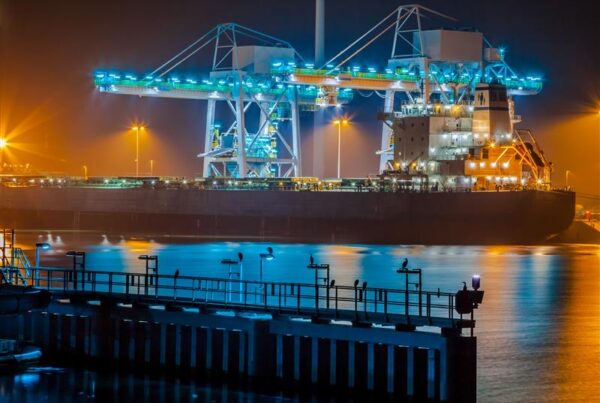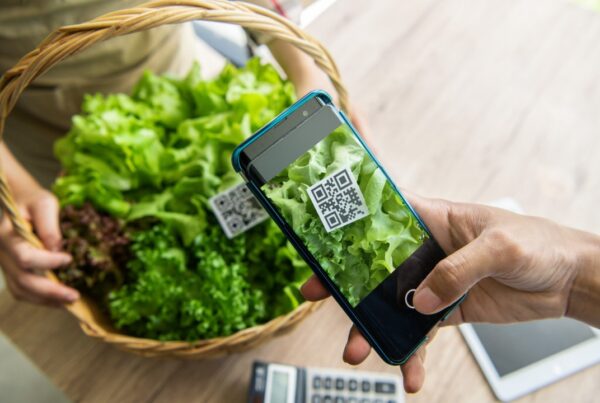What Is Agriculture 4.0
The world has a big yet simple problem, as the population continues to increase, so will the demand for food. This puts pressure on agricultural systems to increase output by an estimated 70% to meet the growing demand. So, what is the solution? Is it possible to feed a growing population while mitigating and adapting to climate change? Can a concept known as Agriculture 4.0 solve the “World’s food crisis”? Is it affordable for farmers? How can we implement it and make it common practice?
Sustainable agriculture is the solution to feeding a growing population and combating climate change. The term Agriculture 4.0 is a buzzword that is gaining a lot of traction in the agricultural industry. But What is Agriculture 4.0? Agriculture 4.0 refers to the next big trends in the agricultural industry and the way the industry will become sustainable and will go about facing the challenges ahead.
Agriculture 4.0 has popularized the idea of “putting farming on the internet” and digitalizing information to make the farming process more efficient in the hopes of feeding a population expected to grow to 10 billion by 2050 while continuing to battle climate change. Agriculture 4.0 utilizes advanced data collection systems in production models, to enhance productivity and sustainability in farming.
Agriculture 4.0 is the idea of sort of use, it is almost like putting farming on the internet and digitizing information to make the whole process more efficient. –LIV BOEREE (Physicist)
Agriculture 4.0 allows farmers to utilize state-of-the-art tools and automated management systems to monitor their crops, adjust planting techniques, and reduce production costs. These advanced technologies allow farmers to analyze the necessary resources, such as irrigation, fertilizer, and pesticides, needed for every area of their farm and optimize their usage.
But…How does one digitize a farm?
According to a report published by The Food and Agriculture Organization of the United Nations (FAO), the world was already off track to meet Sustainable Development Goals by 2030 before the COVID-19 pandemic made it exponentially harder to achieve goals and monitor progress.
When you think about agriculture, our bottom line is to feed the world right. To feed the estimated nine billion by 2050 we must significantly our productivity in terms of food generation. –TechRepublic
The FAO established five principles for global agriculture to increase productivity and sustainability. These principles aim to build a production system that benefits the ecosystem while meeting human needs.
Agriculture 4.0 is a transformative concept that has revolutionized the agricultural industry. It has brought about significant technological advancements and data-driven solutions that have led to increased efficiency, productivity, and sustainability. Through this, farmers can now make informed decisions using real-time data. This has also promoted precision agriculture, which utilizes data and technology to optimize crop yields and minimize resource wastage. Collaboration among stakeholders has also been encouraged through these advancements, leading to better outcomes. However, access to technology and cybersecurity remains a challenge and requires attention. Despite the challenges, embracing these advancements can pave the way for a future where farming is both productive and environmentally responsible.
To learn more about these practices, you can read about them further at Liverur.eu







